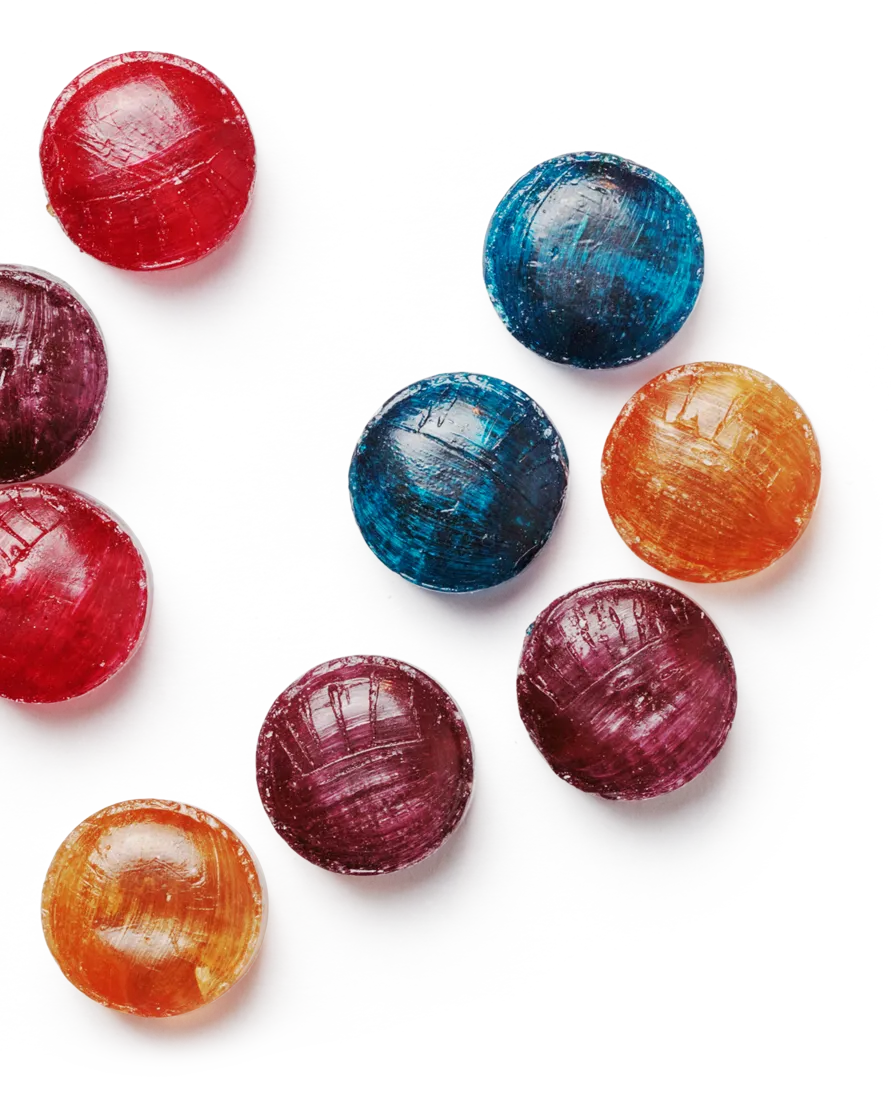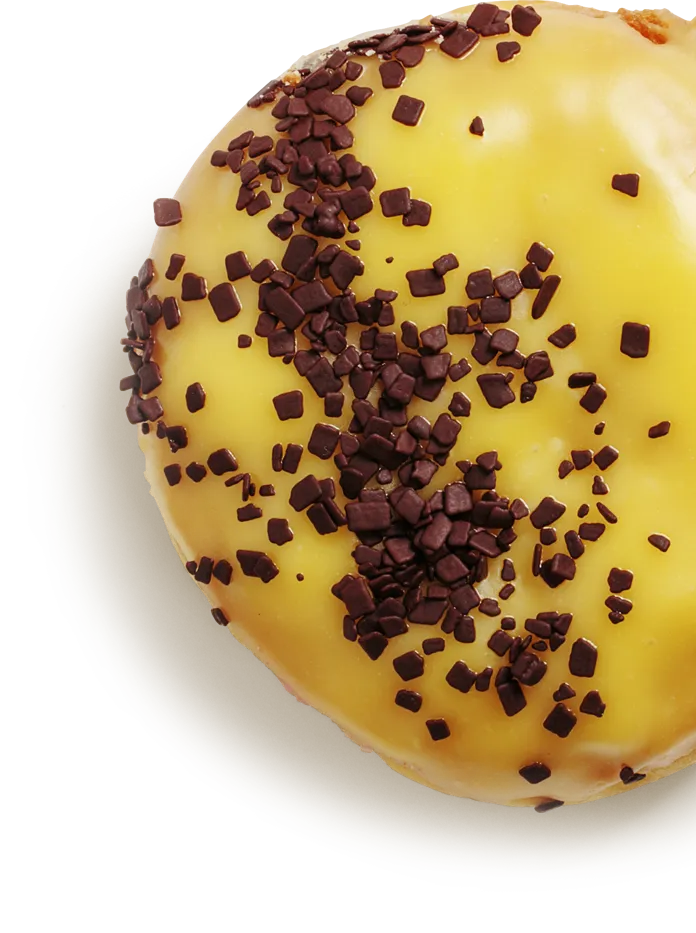

Mississippi Cottage Food Law

Where can you sell?
In Mississippi, you can sell cottage food at fairs, festivals, farmers markets, home, and roadside stands.

What kinds of food can you sell?
Mississippi allows the sale of bread, candies, condiments, dry goods, pastries, preserves, snacks, and other non-hazardous products.

What should be on my product labels?
Labels must include allergens, business address, business name, ingredients, net amount, product name, and a note that your product was made in an uninspected kitchen.

Is there an income cap?
There is a limit of $35,000 per year for home-based vendors in Mississippi.

Are there any special requirements?
All sales must be direct to your customers and it is prohibited to sell outside the state of Mississippi.

Where can I find more information?
Contact the MSDH Food Protection Division at 601-576-7689. Learn more about Mississippi cottage food laws here.
✉️ Subscribe to get food business growth tips, business inspiration, and event invites.
*Cottage food laws change regularly — always double check the requirements for running a home-based food business with a legal expert or your local health department.
Mississippi Cottage Food Law
Every state has different cottage food business laws. Some states require a food permit application, certifications, and licenses. Some are more favorable for entrepreneurs, and other state laws are more restrictive. You don't need to know how to get around cottage food laws, just follow them. The Food Freedom laws of many sates now allow for great leeway in creating a successful cottage food business with friendly cottage food business and cottage bakery laws. While you can't expect to become a millionaire, a cottage food business is now a great side hustle for many entrepreneurs all over the United States.
Mississippi Cottage Food Law 2021
The state of Mississippi allows for up to $35,000 in annual sales for anyone interested in starting a cottage food business, and some states allow up to $50,000 or more in profits. Cottage food laws are changing all the time though, to allow sovereignty in a wide-spread food availability movement.
Do you need a license to sell food from home in Mississippi?
Senators Hill, Burton, and Doty helped to pass Senate Bill 2553 in 2013 that allowed cottage food businesses to flourish in Mississippi, championing small Mississippi farms and agribusiness. This bill allows individuals to cook in their own kitchen for profit without having to involve the Mississippi State Department of Health and their permitting requirements. HB 326 allows a cottage food business to sell goods over social media or a website. You don't need a department of health food permit to start, but you must follow Mississippi servsafe requirements.
Food Permit Application in Mississippi for Cottage Food Industry
Do you need a license to sell food from home in Mississippi?
Selling food from home in Mississippi is easy. Any cottage food business that sells the permissible foods outlined herein does not need a department of health food permit to sell baked goods from home. You don’t need a license or a food permit application.
Do you need a license to sell baked goods from home in Mississippi?
While there is no department of health food permit or license to sell food in a cottage business, the state of Mississippi does encourage people to educate themselves about food safety and how to correctly produce acidified canned goods, for example. Mississippi State University, and the Department of Food Science, Nutrition, and Health Promotion offer regular training on pickling foods properly, since this is the most common cause of food-borne illness.
You can easily get a safe serve certification online. This will help make sure you’re cooking safely and shows your customers you care about their health. Since you don’t need to get a permit to sell from home, this also shows people that you’re willing to keep your foods safe for them to consume.
Mississippi Cottage Food Laws Prohibit Internet Sales
Mississippi cottage bakery laws prohibit a business from selling online, but you can know how to get around cottage food laws.
How to get a permit to sell food from home?
You are allowed to tell people about your cottage food business online, via social media, or a website. You just can’t sell to people in this way. Instead, advertise when you’ll be at your local farmer’s market selling, or when you’ll have a batch ready to pick up from your front door or a roadside truck or cart. Selling food from home in Mississippi is easy.
Do you need a permit to sell food on the side of the road in Mississippi for my cottage food business?
You don’t need a permit to sell food from the side of the road, but you do need a way to tell people when and where you’ll be.
Mississippi Cottage Food Law 2021: Labeling
The Mississippi Department of Health Food Inspector also expects you to accurately label your cottage food items, no matter where you sell them. Your Mississippi cottage food label should include:
- Your name and address
- The name of the food
- The ingredients listed in order by the most used ingredient to the smallest, by weight
- The net weight of the food product (you can find this out on a food scale)
- Allergen information required by federal labeling
- This statement, “Made in a Cottage Food Operation that is not subject to Mississippi’s food safety regulations.”
Mississippi Cottage Foods List
What is considered cottage food in Mississippi?
Cottage food laws in Mississippi allow for only certain types of food to be prepared. If you’re cooking at home, you can make any food that doesn’t require refrigeration or temperature control to keep it from spreading food-borne disease or pathogens, due to guidance from the Food and Drug Administration (FDA). The list of acceptable cottage foods are:
- Pastries
- Tortillas
- Fruit pies
- Granola, cereal, and trail mix
- Dried fruits, pasta, spices, dry rubs, and baking mixes
- Baked goods and pastries that don’t contain cream, custard or meat fillings
- Chocolate-covered non-perishables like chocolate-covered nuts or fruit.
There are some types of cottage foods that are not permitted to be sold in this state.
Items not allowed to be made in a Mississippi cottage food business include:
- Meat
- Fish
- Poultry
- Dairy
- Eggs (unless air-dried and hard-cooked with the shell on)
- Cooked vegetables
- Raw seed sprouts
- Sliced melon
- Garlic or herbs in oil
- Cooked potatoes
- Legumes
- Beans
- Nut butter
- Fruit or vegetable juice
- Rise
- Low-acid canned foods with a pH less than 4.6)
- Smoked fish
- Pasteurized foods
- Pre-cooked foods
You are within Mississippi state laws as long as the food you are preparing meets these state requirements.
Cottage Food Laws By State
Mississippi’s cottage food laws are among many states with similar bills passed to make food sovereignty and cottage food businesses easier than ever to begin and prosper from.
Food freedom laws in several states have made it much easier for entrepreneurs to start their own cottage businesses. The most cottage business-friendly states include Wyoming, North Dakota, and others due to recently updated laws. In one state, for example, the Wyoming Food Freedom Act allows bakers to make any perishable food type that they want unless the food contains meat and as long as the seller informs the buyer that it was made at home. Labeling requirements are strict in Wyoming, but entrepreneurs have much more freedom than in some other states for starting their own cottage food business.
The following are some of the cottage food laws in other states as a comparison:
Cottage Food Law: Michigan
Cottage food laws in Michigan allow you to make similar foods as Mississippi with a slightly lower annual profit of $25,000. PA 113 exempts cottage food businesses from having to get a license or inspections from Michigan Health and Safety inspectors. As long as a cottage food business complies with labeling and federal laws, you can cook in your kitchen without a permit or license.
Cottage Food Law: Maryland
To open a cottage food business in Maryland, the rules are similar to Mississippi with some of the same restrictions on the types of food you can make at home in your own kitchen. The Code of Maryland Regulations (COMAR) 10.15.03.02B(17-1) allows for sales up to $25,000.
Cottage Food Law: Georgia
Wondering if you need a food service permit in Georgia to start a cottage food business? The answer, unfortunately, is yes. Under Georgia regulations, Chapter 40-7-19, all licensed cottage food producers can make non-potentially hazardous foods from home. They can sell directly to consumers, too, from home, at non-profit and for-profit events, and even via the internet. You must get a business license, complete an accredited food safety program and pass an inspection to start your business, though.
Cottage Food Law: Texas
Entrepreneurs wondering, “Do I need a license to sell homemade food in Texas?” are in luck. You can start a cottage food business in Texas easily due to the fact that, as of 2019, you don’t need a permit, license, or any inspections to begin making and selling food from home. You can also profit up to $50,000 annually from your cottage food business. So, how do you start a cottage food business in Texas? You just do it!
Cottage Food Law: Massachusetts
Massachusetts food laws vary widely across different jurisdictions, but the state guidance is that you have to pass an inspection before you ever bake a single cake for public consumption.
Cottage Food Law: Illinois
Illinois is very cottage food-friendly. A January 2021 law went into effect that expands the Illinois Food Freedom Act of 2017 so that locally made food and food crafting can thrive without over-regulation.
Cottage Food Law: New York
New York cottage food laws permit cottage businesses to sell homemade food anywhere in the state, including online, and to stores and restaurants.
Cottage Food Law: California
Selling food from home in California in 2021 is easier than ever thanks to AB 1616, also known as the California Homemade Food Act signed into law by Governor Brown. It bcame effective January 1, 2013.
Cottage Food Law: Alabama
An Alabama food permit application isn’t necessary but you will need a business license to sell cottage foods in Alabama. You also have to follow rules for allowable foods before you start baking.
Cottage Food Law: Florida
Florida cottage food law 2021 is very friendly to cottage business owners and entrepreneurs. You don’t need a license, a permit, or any training to start your own cottage food business. There’s also no inspection of your home kitchen needed. Items allowed are similar to those allowed in Mississippi.
Cottage Food Law: Wyoming
In Wyoming, you can make any food you want, including perishable items, as long as the food item doesn't contain meat and is labeled as cottage food prior to sale.
Every state's laws are different, but hopefully they will all soon allow food freedom for those who want to start a cottage food business.
Build a websitefor your food business
Castiron makes it easy to start selling your homemade food online. No coding or design skills required.
Start 14-day free trialNo Credit Card Required
